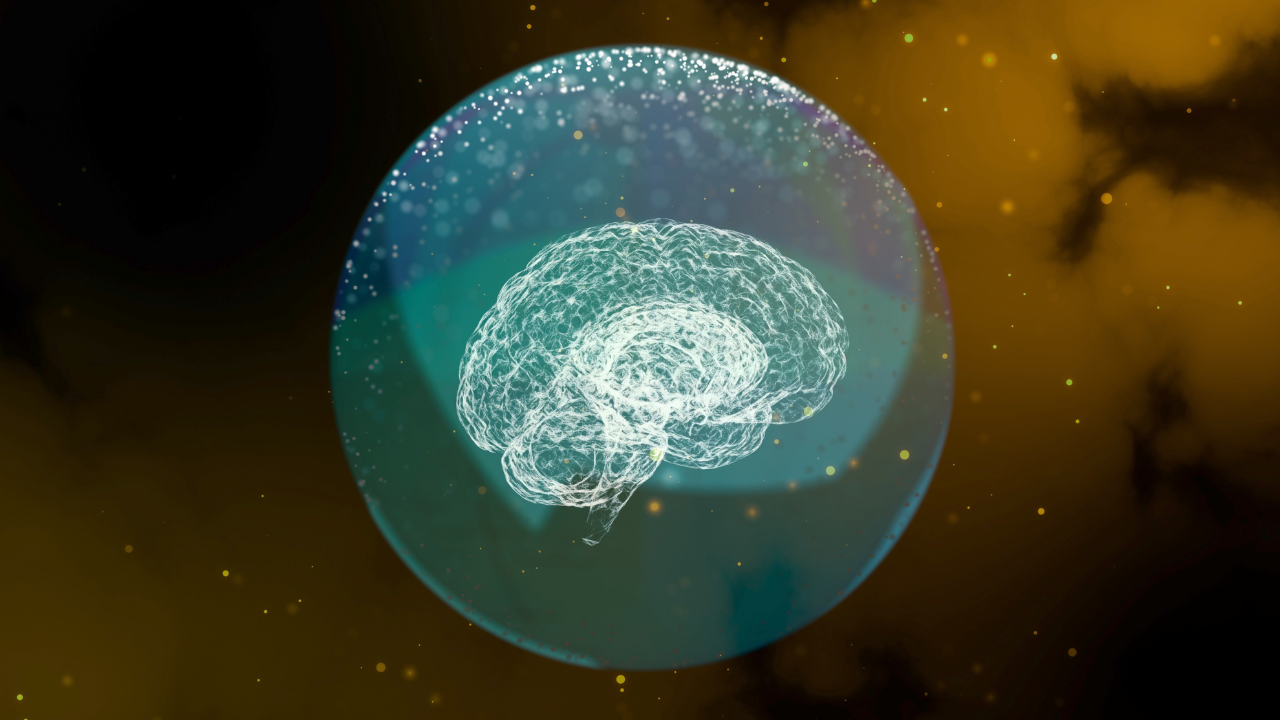Blog
Lifestyle Medicine: A Solution for Mental Health?

If you have ever struggled to get to the root of your mental or health struggles, know that you are not alone. Many people are unaware that their mental health can be closely related to their physical well-being. Therefore, they are left to guide themselves through their wellness journey alone or through trial and error, which can feel extremely frustrating and hopeless. Lifestyle medicine serves as a powerful bridge to achieve lasting health and wellbeing. It does this with an integrative approach, guiding individuals through behavioral changes, sleep hygiene tips, nutritional advice, and precise testing to get down to the core of any medical issue one may have. With lifestyle medicine’s highly influential methods for restoring balance in mind and body alike – it is no wonder why so many are turning towards it for optimal health solutions!
Lifestyle medicine takes into account your habits related to nutrition, sleep, exercise, and stress in conjunction with your environmental e...
What the Body Teaches us about Trauma

What the mind suppresses the body expresses.
Have you ever gone through a painful or traumatic experience and felt it physically in your body? Maybe you thought it was just a coincidence that your muscles started to ache, your stomach felt a bit off, or fatigue suddenly increased around the time of the event.. For some, the emotional impacts may have a delayed physical manifestation. Though it may seem coincidental, studies have proven that there are indeed physical impacts of trauma and emotions may be stored in the body, which may manifest in a variety of ways.
Here at TCLM, we do not separate emotional states of being from the body. Rather, we view emotions as real experiences that impact the body, just as much or even more than physical triggers to our physiology. Emotions have been described as "energy in motion." Energy that has no space or opportunity to be moved is energy that becomes trapped and stagnant. When this pattern perpetuates, just like physical triggers we can s...
Read this Before You Set Your New Years Weight Loss Resolution

We are only a couple of weeks into the New Year, but I would bet that many people have already quit on their goals or resolutions for this new chapter. We have been there... A new season begins, the realization of the post holiday weight gain sets in, and perfectionism often takes over. Setting high expectations when walking into a new year is common practice, especially for most of us here in the U.S., a very fast-paced, achievement-glorifying environment that often glorifies external success or looks. In the midst of all of the noise and competitiveness, it can be challenging to determine what you truly want, why you are seeking your goals, and thus how to make steps toward the life you want in a realistic, fulfilling, and doable manner.
This is where health coaching can make all the difference! A health coach can help create realistic goals, identify obstacles to weight loss and metabolic health, and help you establish a plan with strategies to overcome mental barriers. Health c...
Train Your Brain with Neurotherapy Technology

Here at TCLM, we love implementing neurotherapy training in our patients' healing programs for mental and emotional well being as well as brain health improvements. There is no denying that the U.S. is facing a mental health crisis, but many are suffering silently as they do not know where to turn for tools and support. Neurotherapy training is a great place to start in combination with other healing tools. The technology has shown to significantly improve mental and emotional health as well as brain and cognitive function as a whole.
Neurotherapy training has continuously been helping our patients who want to take their brain and mental health to a higher level. Patients who are struggling with sleep issues, anxiety, depression, fatigue, memory issues, brain fog, and other cognitive issues have seen significant improvements when using our technology consistently. Why is neurotherapy training so effective in improving brain and mental health?- The premise of its technology is based...
What is Neuroplasticity?

Did you know that we can train our bodies and minds to change the way we automatically respond to our environment? A fancy word used to describe this phenomenon is neuroplasticity, or the ability for the nervous system to change its response to stimuli via changes in structure or function. Our brains are neuroplastic, which provides so many with such hope, especially to those who feel they are a slave to their emotional triggers or those who have suffered from brain injuries.
We must understand how we can promote neuroplasticity, so we can take action in the betterment of our brain and neurological health! Several important factors that contribute to neuroplasticity are:
- Nutrition
- Exercise
- Belief Systems
- Sleep and circadian rhythm
- Use of creativity
- Having a sense of purpose
- Stress management
When we eat foods that promote the health of our brain and the integrity of the blood-brain barrier we are optimizing our ability to promote neuroplasticity. Such foods that prom...
A Diet for Brain and Mental Health

While we are not fans of fad diets, especially for the sole purpose of temporary weight loss, there are specific approaches to nutrition that may benefit those who struggle specifically with brain and mental health disorders. There has been extensive research on the role of the ketogenic diet, or a low-carb diet in healing neurological and brain disorders. Although many people are familiar with the ketogenic diet strictly for weight loss, its original intent was actually to reduce symptoms of epileptic seizures.
A major reason why a low-carb diet may improve mental health symptoms is that insulin signaling is significantly impaired in those dealing with depression, anxiety, Alzheimer's, and even bipolar disorder and schizophrenia. Insulin signaling works differently in the brain than in the blood. Studies have shown that a poor diet contributes to insulin resistance in the brain before insulin signaling in the blood is impaired. This means that our brains are impacted by our die...
Combating Seasonal Blues

With longer nights and shorter days, no matter how warm the climate you may be living in during the winter months, you may find yourself feeling more tired, lethargic, and a little blue with decreased sunshine. Usually, we associate a low mood and even seasonal affective disorder (SAD) with low levels of vitamin D from less sun exposure. However, there is more to it than just low vitamin D levels. Having a greater understanding of the role of light exposure and sun exposure allows us to have a plan of action when entering into the winter months in order to protect our mood, hormone balance, and energy.
Our skin is our largest organ, and it has a profound ability to stimulate hormone production under specific conditions. Studies show that increased UVB exposure from safe levels of sunlight exposure encourages testosterone production, leading to improved mood and feelings of motivation, increased energy, and maintained libido through improving hormone balance.
Now that we see how...
Better Boundaries

Many of us struggle to set boundaries in our lives, whether it be with our friends, family members, or coworkers. This is because many of us have trouble understanding the true benefits of having healthy boundaries. At their core, boundaries are simply a way to take ownership of our own mental, physical and emotional well-being by setting limits on what we will and will not allow ourselves to be subjected to.
While establishing boundaries can seem intimidating at first, there are many ways that we can do so in a kind and compassionate manner. This will definitely be a challenging and maybe even messy process, as it will feel quite uncomfortable for you and others initially. You may not be used to communicating assertively, and others may not be used to you speaking up for yourself or saying "no" when you do not have the capacity to take on their request. One key mistake that many people make when trying to start setting boundaries is expecting others to immediately adapt to the new...
